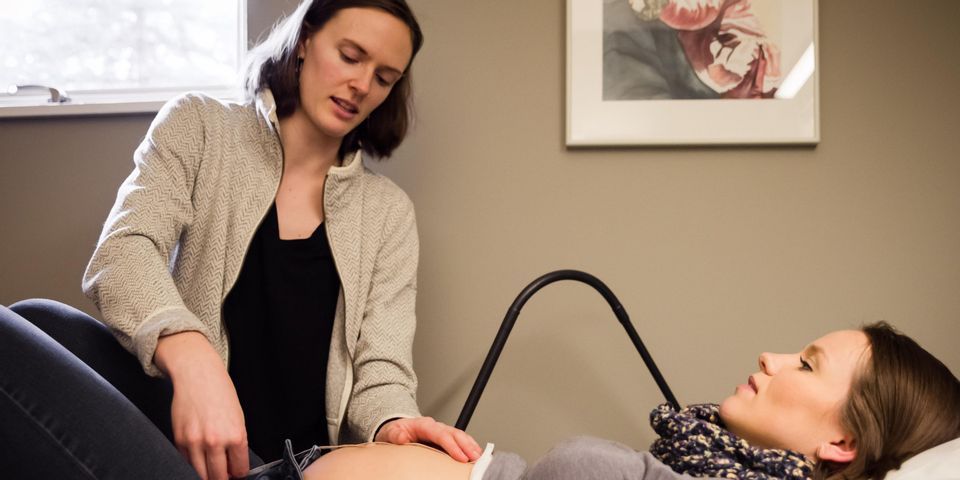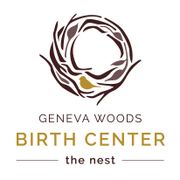What Is the Difference Between a Midwife & a Doula?

While both doulas and midwives care for women during pregnancy, they both differ greatly in terms of responsibilities and abilities. The specific laws vary by state, but generally, doulas and midwives have different training requirements, certifications, and duties. As such, many women opt to utilize the services of both for their prenatal and postnatal care.
What Is a Doula?
A doula is not a medical professional but, rather, a source of support for moms-to-be and women who have just given birth. While they’re not equipped to deliver babies or provide clinical care, they do help patients ease into motherhood with grace. Your doula can assist when it comes time to devise a birth plan, for example, and then advocate for your wishes regarding labor and delivery with the rest of the birth team.
During the actual birthing process, you can turn to a doula for physical, emotional, and mental support. They can provide massages, for example, and guide you through various breathing techniques. If you happen to need an emergency C-section, a doula will help relieve any anxiety or fear about the procedure. Following delivery, a doula’s support doesn't have to end. They can assist with breastfeeding and adjusting to life with an infant. There are also “postpartum doulas” who help specifically after baby is born, with all sorts of needs, to help in the transition to life with a newborn. Doulas who are certified by DONA International have completed a certified, evidence-based training course, so that can be important to look for when selecting a doula.
What Is a Midwife?
 A midwife is a trained medical professional who’s equipped to provide comprehensive prenatal and postnatal care. These healthcare providers can serve as an alternative to OB-GYNs for patients who don't have high-risk pregnancies.
A midwife is a trained medical professional who’s equipped to provide comprehensive prenatal and postnatal care. These healthcare providers can serve as an alternative to OB-GYNs for patients who don't have high-risk pregnancies.
There are two different kinds of midwife in the US: Certified Nurse Midwives (CNMs) and Certified Professional Midwives (CPMs), the latter being called Certified Direct-Entry Midwives (CDMs) in Alaska. CNMs are also Nurse Practitioners, who can make diagnoses, prescribe drugs, and obtain hospital privileges. CDMs/CPMs are apprenticeship-trained, and can provide care only to low-risk pregnant and postpartum women. They can attend births in the home or in birth centers, while CNMs can attend births in homes, birth centers and hospitals (if they have admitting privileges, which not all do). While all midwives can only perform vaginal deliveries, CNMs can – with additional training – be 1st assist on C-sections, and use a vacuum extractor for assisted deliveries in hospitals as well.
The midwives at Geneva Woods Birth Center are all Certified Nurse Midwives (CNMs), and they have hospital privileges at two local hospitals, so they attend births (many of which are waterbirths) at Geneva Woods Birth Center, Providence Hospital, and Alaska Regional Hospital. They also can provide GYN and contraceptive care to their clients outside of their pregnancies, and can help with breastfeeding, perinatal mood disorders, and pelvic floor issues, with an in-house pelvic floor physical therapist. This comprehensive and personalized approach to care makes midwifery care at Geneva Woods Midwifery an excellent choice for low-risk pregnant women seeking “wholistic” care for their whole selves: physical, emotional, and mental, both during and after pregnancy.
If you're pregnant, turn to Geneva Woods Birth Center for quality care from certified nurse-midwives. Located in Anchorage, AK, this OB-GYN clinic follows the midwifery model of care. To learn more about their cozy birthing center, which is comprised of comfortably furnished private rooms, visit their website. To schedule an appointment, call (907) 561-2626.
About the Business
Have a question? Ask the experts!
Send your question

